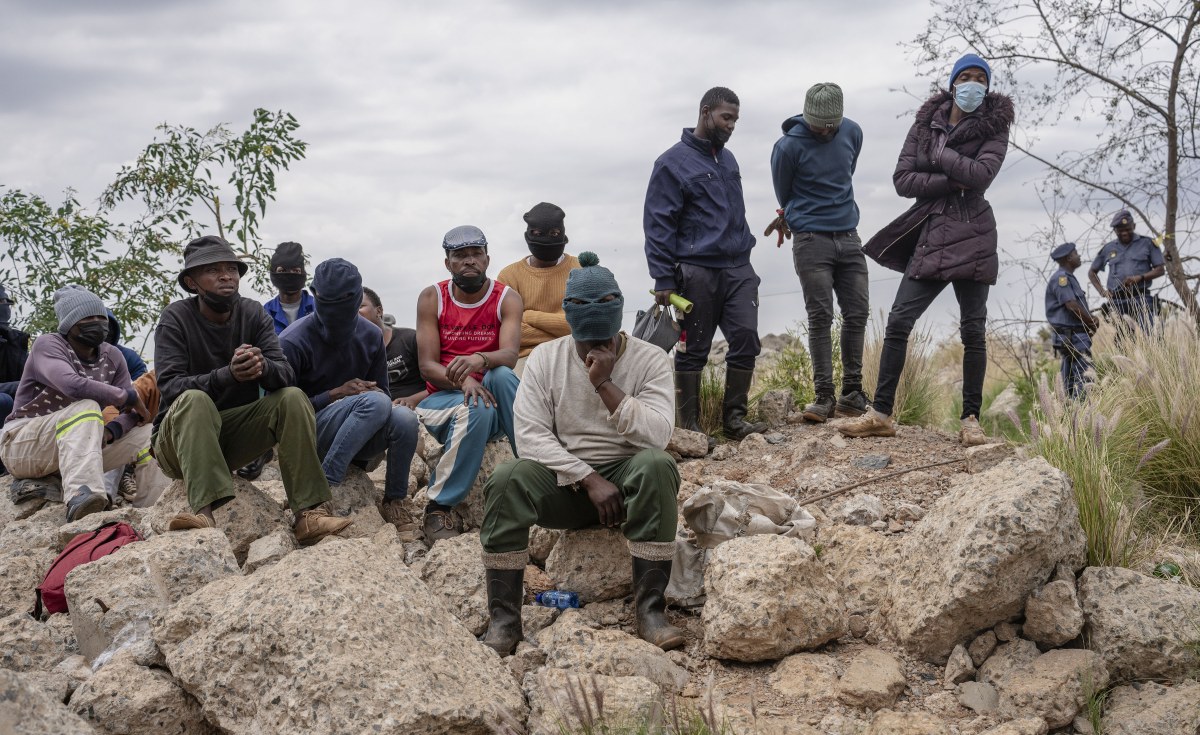The UK urgently needs to do more to help more than 28 million people in drought-stricken Somalia, Ethiopia and Kenya, two former secretaries of state for international development and the heads of 14 of the UK’s leading aid agencies have warned in a joint letter to the prime minister, Rishi Sunak.
They say one person is dying every 36 seconds, yet British aid to the region is only one-fifth of what Britain provided when the region was struck by famine in 2017. More than 7 million children are acutely malnourished across the three countries.
The letter, signed by former Labour international development secretaries Hilary Benn and Clare Short, warns: “East Africa is facing a catastrophic hunger crisis caused by one of the worst droughts in living memory. It is looking increasingly likely that a fifth consecutive rainy season has failed in the region, leaving millions of families in a desperate situation and facing starvation …
“Although a full-scale famine is yet to be officially declared, what we are seeing on the ground is a famine in all but name. Despite the rapidly mounting death toll, the international response is woefully underfunded and the UK has failed to do its bit.”
The letter was released before the development minister, Andrew Mitchell, was due to give evidence on Tuesday to the international development committee on the impact of large UK aid cuts and the amounts being spent on housing Ukrainian refugees in the UK.
Despite an announcement by Mitchell of extra humanitarian aid to Somalia on a visit last Friday, the UK has confirmed an allocation of just £156m this year across east Africa, less than a fifth (18%) of the £861m provided in 2017-8 during the region’s last major hunger crisis, which helped avert widespread famine.
On a visit to western Somalia last week, Mitchell announced an extra £14m in humanitarian aid to the country. Mitchell told the BBC it was “unacceptable” that the world was “neglecting people who are dying in the Horn of Africa” because so much aid money had been diverted to Ukraine.
The decline in spending underlines how much the UK has been forced to scale back its ambitions in Africa due to aid cuts since the national security council committed itself to a new Africa strategy, including opening new embassies and 400 new staff across the continent, in 2018.
Benn warned: “The UK has long had a strong record of leadership in response to acute hunger crises. All of us, across all political parties, have a responsibility to live up to that legacy. There are now millions of people across east Africa who are facing the worst drought in living memory, and their acute hunger is being made worse by the war in Ukraine.
“If the government is serious about saving lives and persuading others to do more, we must lead by example by stepping up support to those in need today.”
The UK has given Somalia £62m this year, considerably less than the £101m provided in 2021 and the £232m it gave in 2020. Food inflation in Somalia is currently 15%.
The letter calls for the UK to step up and show this leadership again before it’s too late.
Oxfam’s CEO, Danny Sriskandarajah, who recently visited the Somali regions of Sanna and Togdheer, said: “People I met said the situation was the worst in living memory. Communities have run out of ways to cope and families have been stretched to breaking point.
“It is incomprehensible that with hunger likely claiming a life in the region every 36 seconds, the UK government has failed to respond in any meaningful way. The time to act is now.”
Christine Allen, the director of Cafod, who visited northern Kenya earlier this year, said: “The families I met in Kenya were well used to adapting when things get tough, but this drought has been unprecedented, leaving families who otherwise cope finding themselves in desperate situations. People are doing what they can to support each other, but they need aid urgently.
“The scale of need goes beyond what charities can do. The UK must step up. The government has cut aid to east Africa to well below than in 2017, yet for many the situation is as bad as it has ever been. This cannot go on, without action now millions face losing their lives.”
The UN this week listed Ethiopia in the top five countries in need of humanitarian aid, appealing for $674m (£553m) for 2023.










